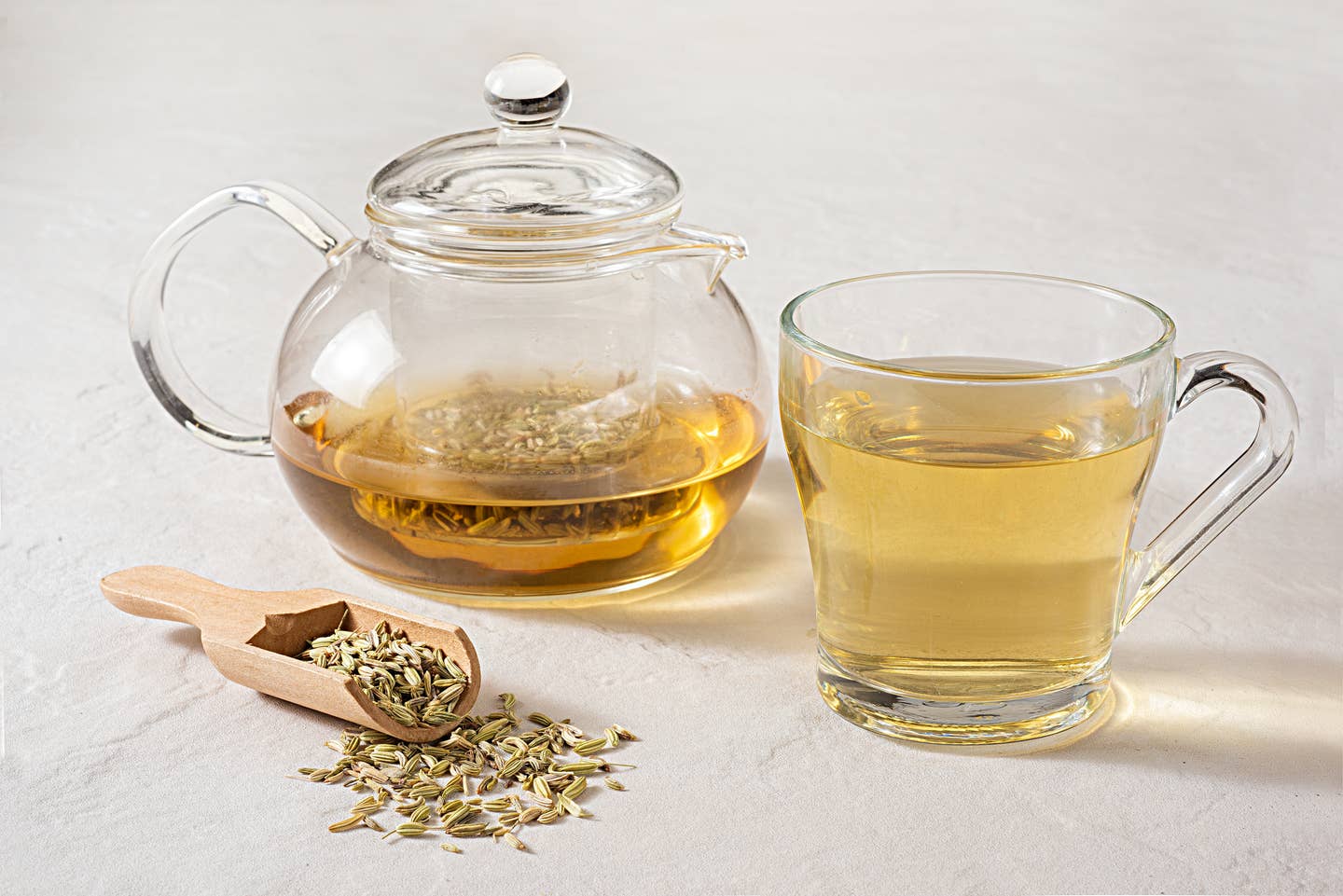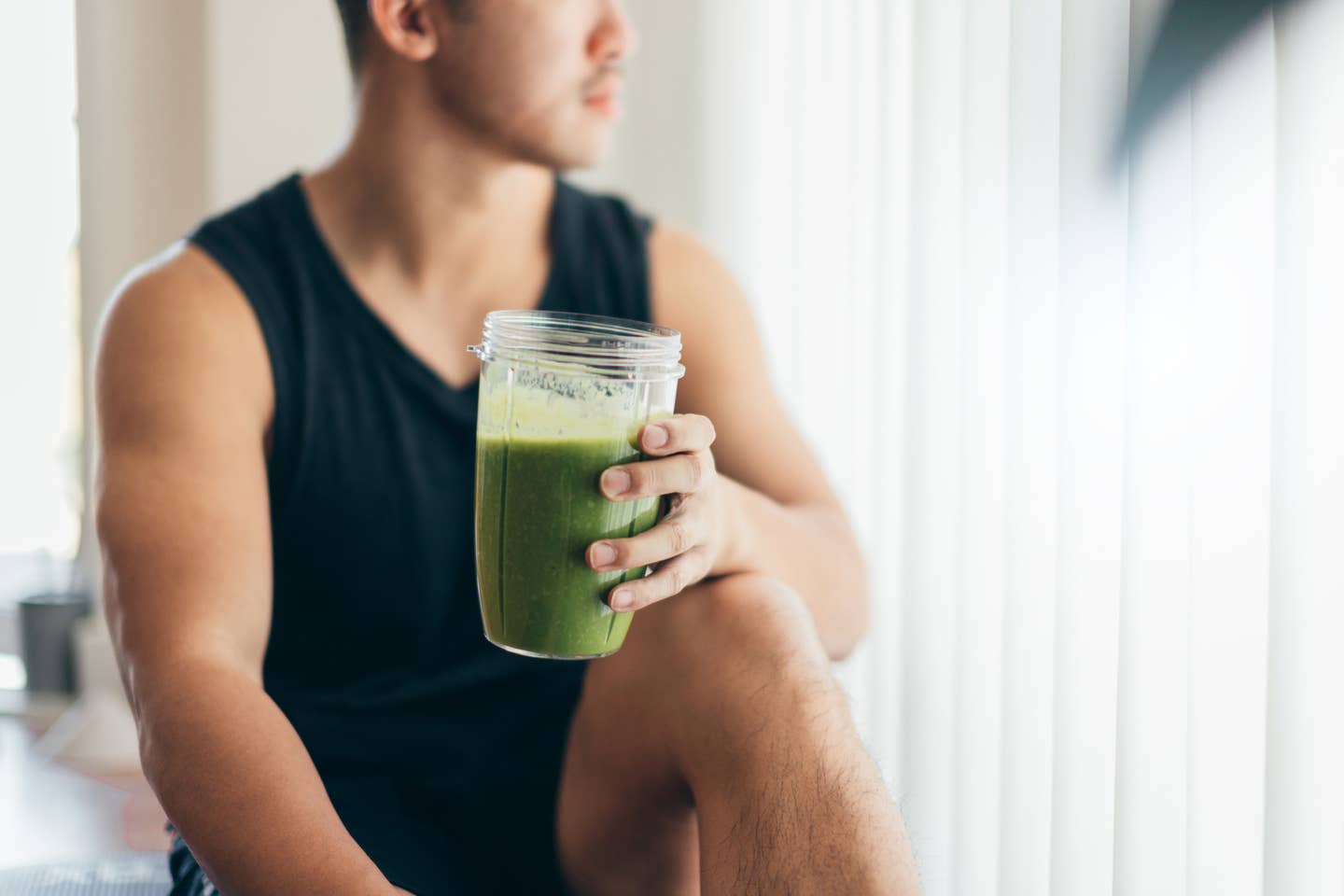
Your Guide to Preventing Type 2 Diabetes on a Plant-Based Diet
Are there foods that can help prevent and even reverse symptoms of type 2 diabetes? The resounding answer,I tell my clients in my practice as a Registered Dietician in Chicago, Is Yes! And it's a question that I wish people would ask especially when confronted with a diagnosis of prediabetes (as 100 million Americans are facing right now.
When you still have time to dial back early symptoms of pre-diabetes and even type 2 diabetes, that is the moment when changing your diet and eating more plant-based (and less junk food, animal fat, and processed simple cars) is more critical than ever.
The good news is that mostly plant-based diets – which focus on eating more vegetables, leafy greens, legumes, and other healthy whole foods – have been shown to help in the prevention of type 2 diabetes, but Americans need to get the memo and fast.
As of today, 1 in 10 adult Americans has diabetes, and according to the CDC, 1 in 3 has prediabetes, or 88 million people, which means they are living with chronically high blood sugar but it's not high enough to be diagnosed as diabetes.
The current data indicate that if prediabetes (which is often symptom-free) goes unchecked and changes are not made, 1 in 5 Americans will have full-blown diabetes by 2025, or twice as many as those who suffer from it today. If these grim statistics tell us anything, it's that there is an opportunity to change lifestyle behavior such as through healthy diet and daily exercise, to flatten the curve and help those living with chronically elevated blood sugar make the necessary lifestyle changes to dial back their risk.
Can Certain Foods Prevent Diabetes?
Suffice it to say, Americans should do anything they can to lower their risk of type 2 diabetes, including eating healthier, exercising, and maintaining a healthy weight. Studies tell us that there are foods to eat that can help prevent and even reverse prediabetes. According to a growing body of research, a whole-food, plant-based diet has been shown to help prevent and even reverse early symptoms of diabetes, since foods high in fiber – which are plant-based foods – help regulate blood sugar.
What is Type 2 Diabetes?
At its most basic explanation, diabetes is an impairment in the way the body regulates and uses sugar as fuel, resulting in too much sugar or glucose circulating in the bloodstream. When blood sugar levels remain elevated over time, it can clog circulation and lead to diseases including neurological impairment, heart disease, and vascular failure, which is why the tiny capillaries in the eyes can be compromised, cutting off adequate oxygen to your eyes and eventually shutting down your sight. That's just one example but this is happening all over the body, so circulation gets shut down in all sorts of areas: Your toes, your organs, and even the brain, which is why unchecked, diabetes is a killer.
With type 2 diabetes, chronically elevated blood sugar means that your pancreas can not produce enough insulin to keep up with the constant situation of high blood sugar. Meanwhile, the cells become become "resistant" to the insulin you do produce (called insulin resistance), which means they take up less sugar, creating a vicious cycle in the body where your blood sugar gets elevated but your cells don't get fueled adequately (leaving you fatigued and even hungry, even though you have more blood sugar than you need), and eventually, the pancreas stops working properly, which is when full-blown diabetes sets in.
Type 2 diabetes differs from type 1 diabetes in that it usually develops due to lifestyle factors, such as poor diet and physical activity, whereas type 1 is a hereditary disease that usually shows up in childhood or teenage years.
What Diet is Best for Diabetes?
When it comes to making those important lifestyle adjustments, there is a growing body of scientific evidence that switching to a whole-food, plant-based diet — focusing on eating vegetables, legumes, whole grains, fruits, nuts, and seeds, and drastically limiting or totally avoiding all refined packaged foods and animal products — has been highly beneficial for preventing and reversing symptoms of type 2 diabetes.
Type 2 diabetes is, quite frankly, an epidemic. In fact, it’s the seventh leading cause of death in the United States according to a 2017 article. There also isn’t a cure for diabetes, although the condition is able to be managed with medication or lifestyle changes. One study made it clear that a plant-based diet can help prevent diabetes – or at least manage it.
Without the management of diabetes comes life-threatening complications. According to the American Diabetes Association, the common health problems include:
- Neuropathy (damaged nerves)
- Kidney disease
- Cardiovascular disease
- High blood pressure
- Stroke
There are success stories, however, of people who have changed their diet and beat the odds. Ashley Chong is an example of overcoming these dangers. When Ashley found out she was pre-diabetic, she ditched the medications her doctor prescribed and instead began a journey of changing her diet and g raw vegan, consuming uncooked, unprocessed, and animal-free foods. She saw a change in her weight, energy levels, and even mood. The best part was when she went back to her doctor 5 years later for a pregnancy check-up, they were amazed at the changes in her blood work — perfect vitamin, cholesterol, and blood sugar levels.
How to Lower Diabetes Risk
The first step to prevent being diagnosed with type 2 diabetes is to consider what changes may need to be done to your lifestyle. Some of the risk factors that increase the odds of developing type 2 diabetes include:
- Being overweight or obese
- Having a higher amount of abdominal fat
- Inactivity
- Family history of type 2 diabetes
- Polycystic ovary syndrome (PCOS)
- Older age
While we can’t reverse our age or change our family medical history, we do have control over many of the other risks.
Starting with inactivity, research has found that when no physical activity is part of an individual's routine, they are affecting their blood glucose stability. More specifically, when healthy individuals cut their normal physical activity in half, their postprandial glucose (after a meal) doubled. This not only increases the risk of diabetes but also cardiovascular disease and potential death.
We should also consider avoiding certain foods and drinks when it comes to our diet. According to Harvard Health changes to consider include:
- Limiting refined grains and other highly processed carbohydrate-rich foods
- Avoid sugary drinks
- Eliminate or reduce red and processed meats
Studies back up these suggestions, with one study linking those who consumed naturally sweet drinks or those with added sugars with a 16 percent increased risk of diabetes. Another study also found that eating a 3-ounce serving of red meat each day could boost diabetes risk by 20 percent.
Plant-Based Diet and Diabetes
If you have pre-diabetes or are aware that you're at high risk of developing diabetes, you may be considering making adjustments to prevent it from happening. A perfect place to start, and science-backed, is going plant-based.
We’ve been told from a young age to eat our fruits and vegetables, but plant-based eating goes beyond the produce section. It also involves many protein-packed and even carb-rich options such as:
- Beans
- Lentils
- Whole grains, such as quinoa, rice, oats, and barley
- Soy products including tofu, tempeh, soybeans, and soymilk
- Nuts and seeds
While plant-based eating can bring along many health benefits when it’s followed properly, here are the specifics of its effect on type 2 diabetes prevention.
Weight management: A higher body weight, especially if it’s carried around the abdominal area, is linked to many chronic diseases including type 2 diabetes, hypertension, and cardiovascular disease. According to a study, even a 5 percent decrease in body weight can begin to reduce the risk of developing chronic disease. The study also discusses the role a plant-based diet can play in weight loss and management, with it leading to lower BMI (body mass index) compared to individuals following a non-plant-based diet.
A recent 2021 study even found that a plant-based diet was more effective than the ketogenic diet when it came to body fat loss, even when eating more calories. Study participants also felt more satisfied and full following the plant-based diet.
Improve glucose metabolism: Along with weight loss, a 2020 review found that plant-based diets have the potential to improve glucose metabolism. In the review, when plant-based diets were compared to an omnivorous diet (which contains both plants and animals) in people with type 2 diabetes, five studies reported that a plant-based diet significantly improved glycemic control.
Offer protective nutrients: Regularly consuming colorful fruits and vegetables ensures that you’re getting in a variety of essential vitamins and minerals. When it comes to type 2 diabetes, a study found that a higher intake of berries, green leafy veggies, yellow veggies, and cruciferous veggies (like broccoli, cauliflower, and brussels sprouts) are protective against type 2 diabetes risk. The study mentions these protective effects are likely due to fruits and vegetables being high in fiber, antioxidant compounds (such as vitamins C and E), folate, and potassium.
Foods to Prevent Diabetes
The following plant-based foods have been shown to lower blood sugar and decrease your risk of diabetes. The latest scientific studies back up these vegan foods' ability to keep blood sugar levels stabilized, which is the first step to lowering diabetes risk and curing prediabetes.
- Nuts: One study that looked at walnut oil, pistachios, and almonds found that they can help to lower lipid and glucose levels, while also reducing appetite to prevent weight gain.
- Chickpeas: Eating chickpeas could help lower blood glucose by up to 36 percent plus keep you full for a longer period of time, according to a 2017 study.
- Avocados: A study found that the healthy fats in avocados can help balance blood sugar and blood lipid levels.
- Squash: A 2018 study found that winter squash (like pumpkin, butternut, acorn, and spaghetti squash) can help decrease blood sugar levels.
- Leafy greens: Whether you like spinach, kale, cabbage, or other green leafy vegetables, research states that they could help with insulin resistance and, therefore, improve blood glucose levels.
- Broccoli: a compound in broccoli called sulforaphane has been linked with improving insulin sensitivity as well as reducing blood sugar, according to a study.
- Strawberries: A 2019 study states that strawberries (and some other berries) can help manage diabetes by improving blood glucose and insulin resistance.
Bottom Line: A Plant-Based Diet Can Reduce Risk of Type 2 Diabetes
Lifestyle factors, including diet and exercise, are important factors to consider when it comes to your risk of type 2 diabetes. Fortunately, eating a whole-food, plant-based diet may help to prevent and lower your risk. Some great plant-based food options to add to your next grocery list include avocado, squash, and berries.
For more research-backed health content, visit The Beet's Health & Nutrition articles.
More From The Beet






